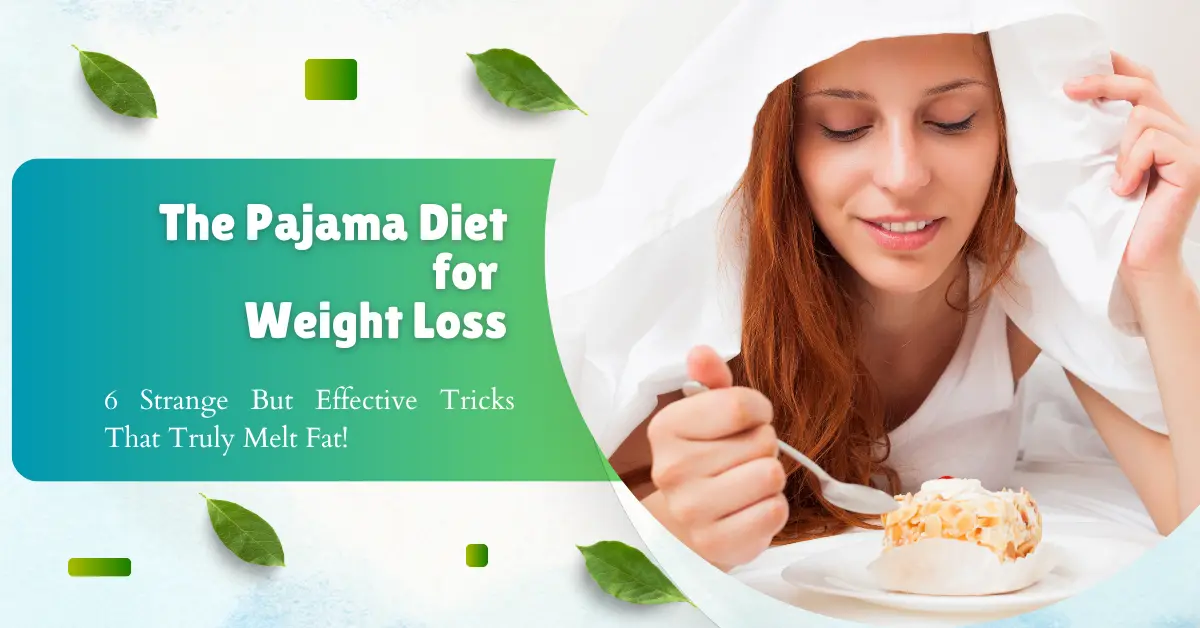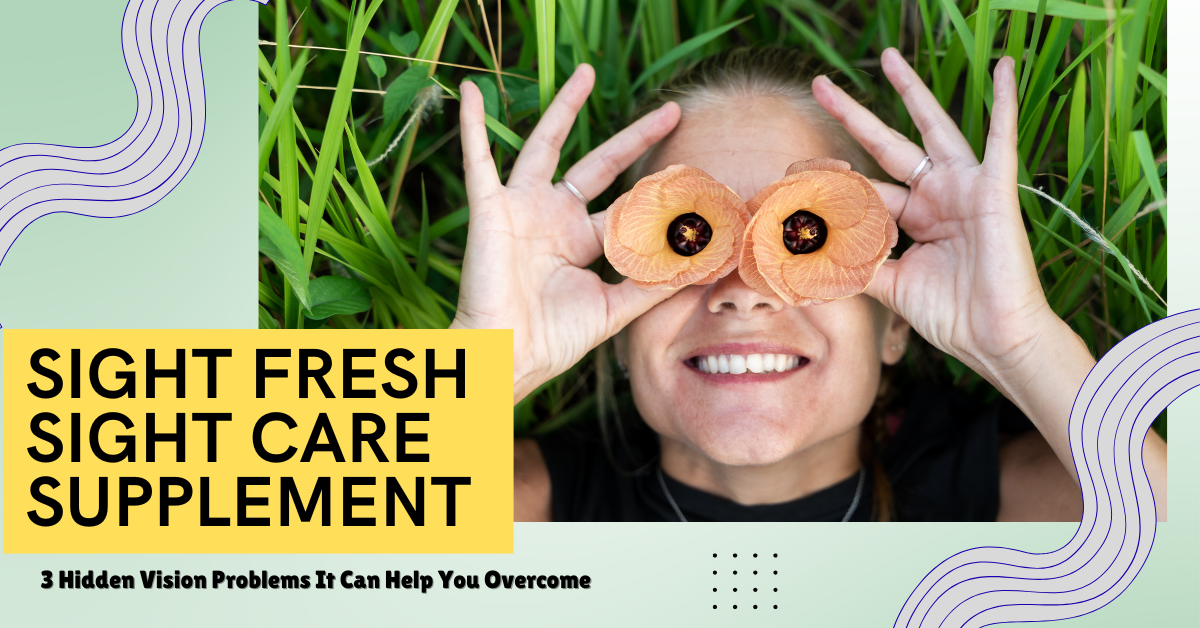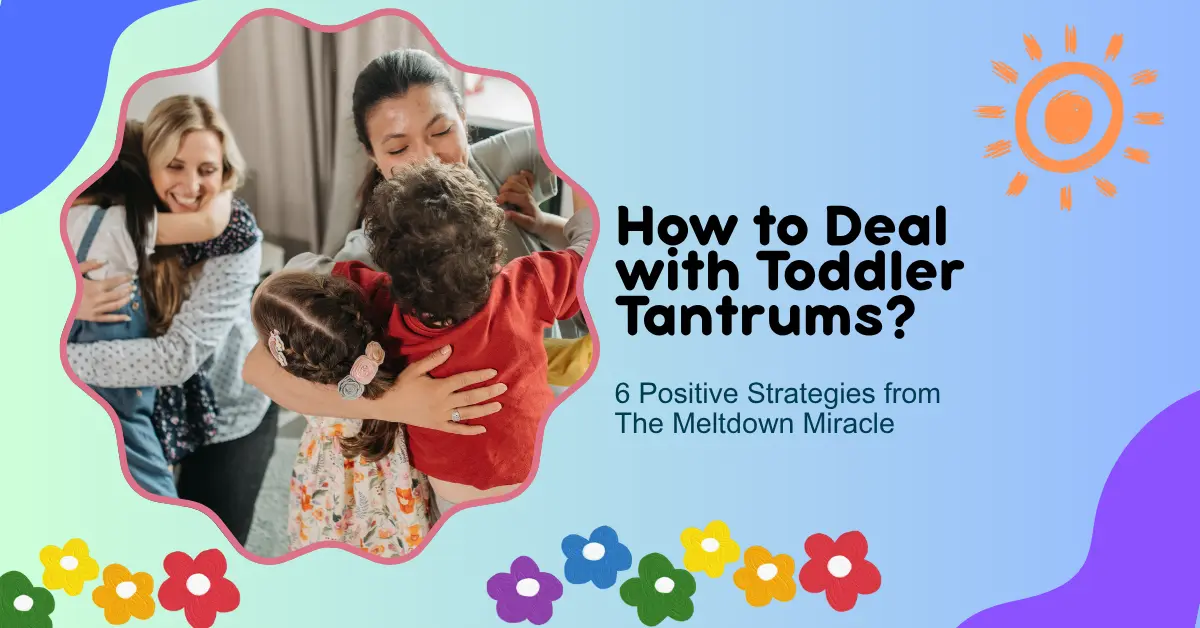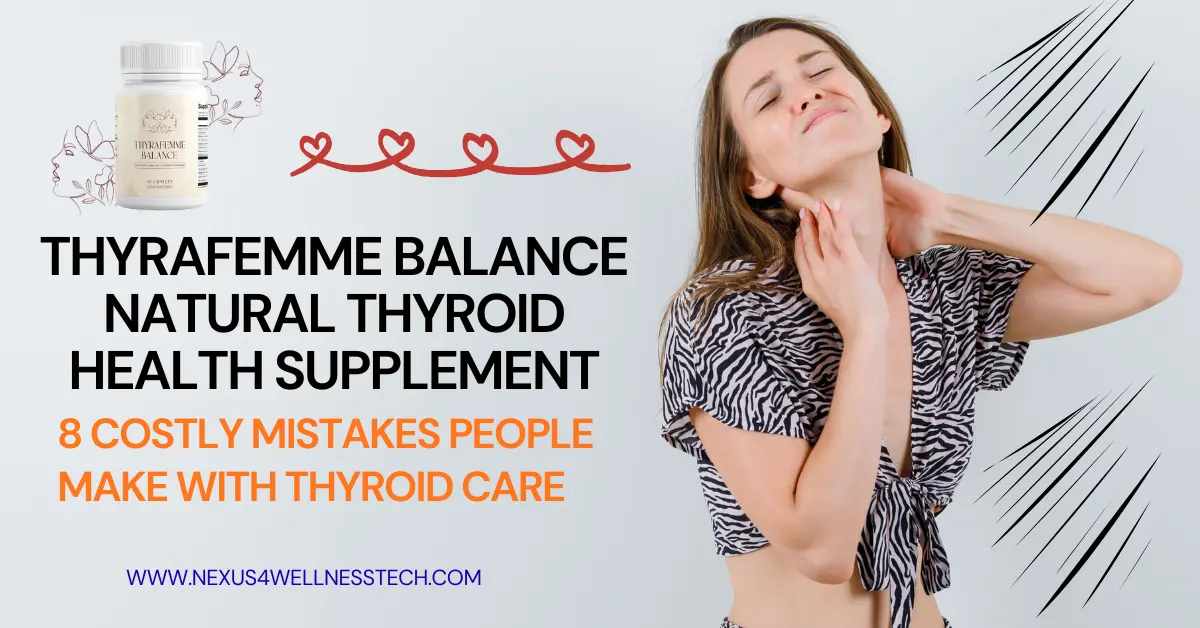Can iron deficiency cause hair loss in women? Indeed, iron deficiency is a common nutritional condition among women and is often associated with reduced hair density. Research shows that the lowest level of iron can derail the supply of oxygen to hair follicles, weakening them and contributing to more cracking or thinning.
Although this condition hypothetically affects men as well, most scientific studies have primarily focused on women, highlighting a strong link between iron deficiency and hair loss in women, which makes it crucial for women experiencing mysterious hair weakening to consider iron deficiency as a possible primary cause.
Purality Health Micelle Liposomal Hair Renewal

78% Increase in Growing Hairs – In Just 8 Weeks
- Secret Swiss Compound Unlocks NEW Hair Growth
- We harnessed the Swiss ingredient AnaGain™ Nu [9 global patents and has won over 35 awards, including the Winner of the 2014 Beyond Beauty “Advanced Ingredient Award”]
- 33.9% decrease in hair loss in the FIRST month!
- 37.1% decrease in hair loss in the second month!
- 78% MORE hairs in the “growing phase”!
- 76% of users beg to stay on the protocol!
- 86% of users say their hair looks noticeably thicker!
- ZERO negative effects on your hormones
Can iron deficiency cause hair loss in women? In many cases, yes, because conditions such as severe menstrual bleeding, pregnancy, and gastrointestinal bleeding are the main causes of low levels of iron in women. When the hemoglobin level declines below 10 mg per deciliter, the body can’t deliver adequate oxygen to the hair follicles, which results in extra weakening and hair falling.
Here, the question can iron deficiency cause hair loss in women? becomes more significant because this condition is absolutely common, but fortunately, it can often be prevented. Consuming iron-rich foods and taking supplements under medical advice can help to rebuild healthy iron levels and protect against hair loss due to iron deficiency.
Experiencing iron deficiency can cause hair loss in women. Read on to find out whether iron deficiency could be the basic cause, and learn more about effective remedies to restore both your hair and overall health.
How Can Iron Deficiency Cause Hair Loss in Women?
Can iron deficiency cause hair loss in women? Definitely, yes, iron deficiency is the most common form of anemia, occurring when the body lacks red blood cells to transmit oxygen in the body. Hemoglobin, the iron-rich protein found in red blood cells, plays an important role in transmitting oxygen to different tissues, including the scalp and hair follicles.
Without a satisfactory oxygen level, the process can be disturbed, leading to weakening and even excessive hair loss. Studies, which were conducted in 2013, have shown that can iron deficiency cause hair loss in women. Especially in cases of women’s pattern hair loss (androgenic alopecia). For different women, focusing on iron deficiency can help to enhance hair health and prevent further hair weakening.
Iron deficiency is an everyday problem that can drastically affect overall health, including hair conditions. One of the biggest causes, people, especially women, become iron-deficient is due to blood loss from menstruation, raised iron demands during pregnancy and breastfeeding, poor dietary consumption, or difficulty absorbing iron from food. When the body suffers from a lack of iron, it highlights key functions over unnecessary ones, such as hair growth, which can lead to telogen effluvium – a condition in which almost 300 hairs may fall each day.
Therefore, can iron deficiency cause hair loss in women? The evidence strongly recommends it can, particularly when the deficiency is severe or extreme. The women without primary health concerns can still experience hair falling if their iron levels drop significantly. Concentrating on this issue leads us to another important question: can iron deficiency cause hair loss in women? The answer is yes, and understanding the crucial causes of iron deficiency is important to prevent and achieve this kind of hair loss proficiently.
What are the Main Causes of Iron Deficiency?
The possible causes of iron deficiency anemia include:
Pregnancy
Skin ulcers
Surgery
Gastrointestinal diseases
Stomach ulcers
Vegetarian diet
Frequent blood donation
Heavy menstrual bleeding
What are the Symptoms of Iron Deficiency?
People with iron deficiency anemia have the following symptoms:
Headache
Confusion
Fatigue
Pale, dry skin
Rapid heartbeat
Hair loss
Taste of eating ice or clay
Soft tongue (loss of the outer layer of the tongue)
Brittle nails
If you noted some of the above reasons, it is important to find out your iron levels. These symptoms may be related to iron deficiency, which can be easily detected through blood tests. In some cases, your doctor may recommend additional tests to evaluate the root causes and provide advice for proper treatment. An accurate diagnosis within a perfect time frame can help prevent harmful health concerns.
What are the Iron-Rich Foods?
The iron needed by the body can be acquired from a variety of both animal and plant-based sources. The animal-based iron sources, such as chicken, beef, lamb, turkey, tuna, mackerel, haddock, shrimp, and eggs, are rich in heme-iron, which is easily absorbed by the body.
The plant-based sources like spinach, broccoli, peas, kale, sweet potatoes, beet leaves and stems, green beans, lentils, tofu or tofu cheese, beans, red beans, chickpeas, strawberries, watermelons, dates, prunes, figs, apricots, raisins, pumpkin seeds, sunflower seeds, red rice dried fruits, seeds, and whole grains, provide non-heme iron, which is absorbed less adeptly but still plays a central role in overall nutrition. A diet without these iron-rich foods may contribute to a lack, and can iron deficiency cause hair loss in women? Yes! It can.
That is why incorporating the combination of these sources is crucial, particularly for women, since can iron deficiency cause hair loss in women. Studies show that there are common causes. For maintaining healthy hair and overall well-being, it is important to ask, Can iron deficiency cause hair loss in women? Absolutely – and diet is the basic wall of protection.
What are the Foods that Absorb Iron Efficiently?
Eating iron-rich foods only is not sufficient; your body also needs nutrients that improve iron absorption. Vitamins A and C are decisive which helping the body to engage iron more powerfully, so combining iron sources with foods such as citrus fruits, tomatoes, or carrots can create a big change, while caffeine and dairy products can avert iron absorption if eaten at the same time. This is especially substantial to remember, as can iron deficiency cause hair loss in women. Yes, it can, and boosting absorption is just as important as getting enough iron.
Foods Containing Vitamin A: Such as carrots, pumpkin, tomatoes, squash, kidney beans, salmon, herring, yogurt, cheese, pistachios, mangoes, apples, and fortified cereals.
Foods containing vitamin C: Such as oranges, tangerines, strawberries, blueberries, melons, and bell peppers.
If you add these iron-rich foods to your daily diet, it can boost your iron levels naturally. Constant use of iron-rich foods can make a big difference over time. However, if you have a busy plan or your body needs a greater amount of iron, first consult with your doctor about using iron supplements. This is specifically necessary for women, as iron deficiency can cause hair loss in women, yes, it can, and maintaining healthy iron levels is essential to prevent it.
What are the Possible Tests to Check the Iron Deficiency?
When assessing for iron deficiency, two key tests are essential – the hemoglobin concentration test and the serum ferritin concentration test. Though hemoglobin helps to assess overall iron levels, a serum ferritin test delivers a clearer picture of the body’s accumulated iron. However, ferritin levels can appear high during inflammation or infection, so further tests like red-blood cell zinc-protoporphyrin, serum iron, moving concentration, and transferrin saturation may be needed. For women, serum ferritin levels below 30 ng/mL are associated with a higher risk of hair loss. This is important because iron deficiency can cause hair loss in women. Yes, examining these levels helps to check the risk early.
What is the Hair Loss Treatment?
Doctors advised numerous treatments for people experiencing a hair loss condition, including:
- Contemporary Medications: In this treatment, the doctors recommend Minoxidil, which helps to prolong the hair’s growth time and accelerate regrowth. This is often the initial treatment suggested, particularly for pattern hair loss.
- Oral Medicines: In this treatment, the doctor advised dutasteride, which helps to block the hormone that triggers hair weakening and loss. These are normally more common in men and are used off-label in women under medical direction.
- Hair Transplant Surgery: In this procedure, the healthy hair follicles are transplanted from one part of the scalp to bald areas. However, this procedure can be effective; its success rate in women can vary based on the cause and pattern of hair loss.
- PRP – Platelet-rich Plasma Therapy: A latest treatment involving injections of the patient’s platelets into the scalp. The goal of this treatment is to accelerate hair regrowth through the release of growth factors; however, more scientific work is required to verify its effectiveness.
- Nutritional Assessment and Supplementation: Deficiencies, particularly iron deficiency, can be an unseen cause of hair loss. In fact, many women ask, Can iron deficiency cause hair loss in women? The answer is yes; the lowest level of iron can drastically affect the hair growth cycle.
- Lifestyle and Managing Stress: A higher stress level, unhealthy diet, and poor sleep patterns can be the biggest causes of hair thinning. Adopting a healthy lifestyle can help to support overall hair and scalp health.
Are Iron Supplements best for Hair Growth?
The health expert can advise on iron supplements for individuals with low iron levels, specifically when addressing hair loss related to nutritional deficiencies. Can iron deficiency cause hair loss in women? Yes – Iron is important for healthy hair growth, and a deficiency can upset the hair cycle, contributing to excessive shedding.
Constant use of iron supplements can help to restore iron levels over time, usually requiring 3 to 6 months of persistent usage. However, it is vital to consult with a doctor before using any supplement, because excessive use of any supplement can cause a harmful side effect. In more severe cases, such as in people with anemia or a condition of Crohn’s disease that damages iron absorption, iron injection may be crucial. Understanding the answer “can iron deficiency cause hair loss in women” is a safety measure to detect the perfect treatment approach and achieve better hair and overall health.
What are the Benefits of Iron for Hair?
Iron plays a key role in maintaining healthy and strong hair, as it helps to strengthen the hair follicles, deliver essential nutrients to the roots, and support the production of keratin – a protein that makes up hair. An adequate level of iron supports thicker, darker hair, boosts shine, and supports quicker hair growth. One of the most beneficial aspects of iron is its ability to reduce hair weakening and prevent unnecessary hair loss.
This raises an important question: can iron deficiency cause hair loss in women? Certainly, the answer is yes. When the body loses a sufficient level of iron, it fights to supply the hair follicles with oxygen and nutrients they need, often causing increased hair damage or even short-term hair loss, particularly in women of reproductive age. Maintaining a balanced level of iron is essential for strong, healthy, and bubbly hair
What are the Possible Side Effects of Taking Too Much Iron?
Unnecessary iron consumption from food sources or supplements can contribute to iron poisoning. Below are the symptoms of iron poisoning, including:
Nausea
Vomiting
Diarrhea
Heartache
Liver damage
Pancreatic damage
Heart problems
Final Thoughts
Final Words:
If you are going through with hair loss condition due to iron deficiency, you may speculate whether iron supplements or proper nutrition is the best choice. In mild cases, a balanced diet rich in iron can be ample to restore healthy hair. For more severe iron deficiency, iron supplements might be essential, but they must be taken after proper medical guidelines. Too much intake of iron can cause side effects like nausea, constipation, and even organ damage. Thus, can iron deficiency cause hair loss in women? Yes, and treating it safely with accurate thinking is crucial for restoring strong, healthy, and shiny hair.
YARA HAIR GROWTH VITAMINS – PURE NATURAL FORMULA

Yara hair growth supplements support women at every life stage—whether you’re seeing thinning or maintaining lush hair. By addressing nutrition, stress, and hormones, Yara fosters stronger, thicker, more vibrant hair. Suitable for most healthy individuals, it’s an all-in-one solution for total hair health. Yara is designed for every hair type. Although hair characteristics may differ by ethnicity, the underlying causes of hair loss are universal. In a recent clinical study, diverse women—including Caucasian, Latina, European, Non-Hispanic, and Asian participants—experienced reduced shedding after just 2 months and significant improvements in thickness, growth rate, scalp coverage, and shine after 6 months of using Yara Vitamins.









